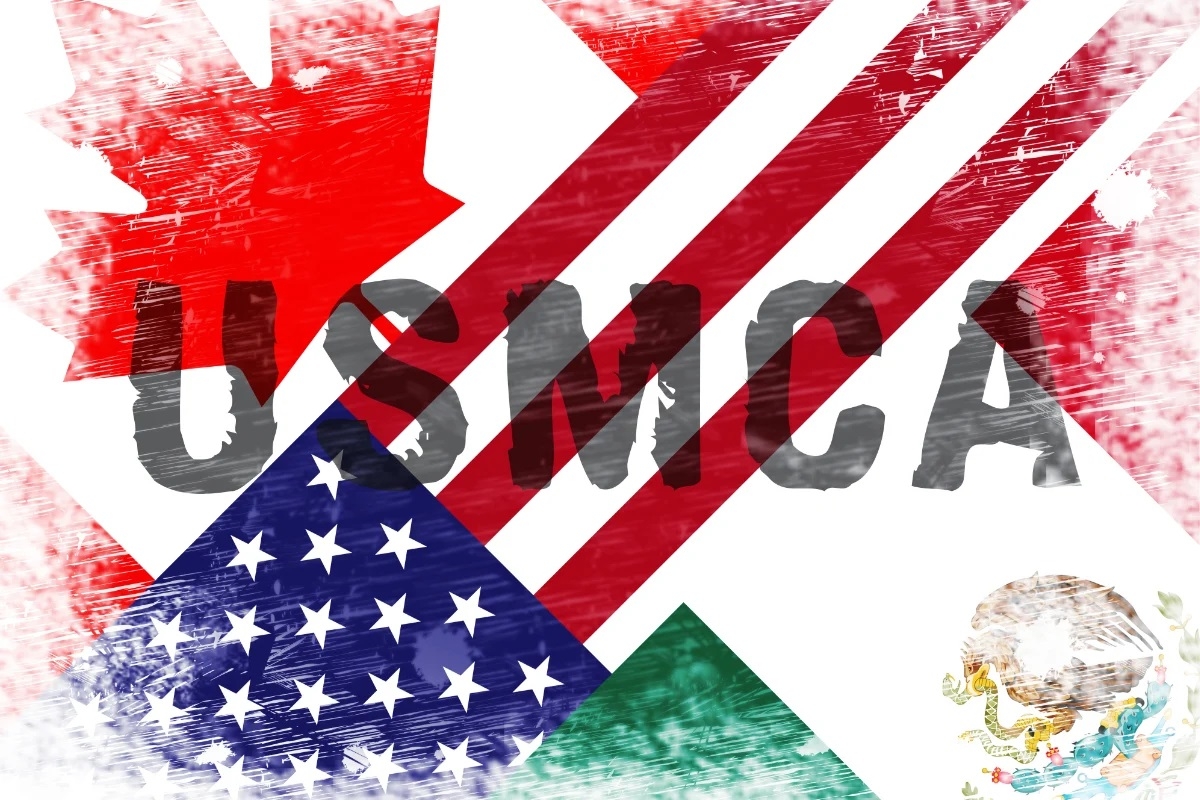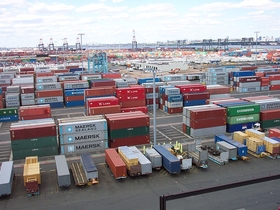Monday, Sep. 9, marked the end of Congress’ month-long recess and the lawmakers’ return to Capitol Hill, which means a return to the question of ratifying the renegotiated trade agreement between the U.S., Mexico, and Canada (“the USMCA”).
The U.S., Mexico, and Canada initially signed the USMCA in November 2018, but the agreement does not become effective until it is ratified by the respective legislatures of each participating country. Mexico ratified the agreement earlier this summer by a vote in the Mexican Senate of 114 to 4 and remains the only country among the three signatories to have done so.
The Trump administration hopes to pass the USMCA in the coming months though the agreement must first survive the scrutiny of the Democrat-controlled U.S. House of Representatives. House Democrats have identified several hang-ups on the USMCA that remain the subject of continued Congressional debate going into fall session. Democrats have pushed for changes to the agreement on several topics of big concern. Changing the text to the USMCA would require a reopening of the agreement, which although permitted can be quite cumbersome and time-consuming.
Below, we’ve touched on the major sticking points to the agreement that Democrats state must be resolved before House Speaker Nancy Pelosi brings the agreement to vote:
Labor Protections
The labor protections outlined in the USMCA are likely the strongest and most expansive set of labor protections in a U.S. trade agreement to date. However, concerns about Mexico’s lower-cost labor and the risks it poses persist. Democrats argue the USMCA’s current labor provisions do not ensure that workers in Mexico get rights similar to the rights that U.S. workers receive. Despite that Mexico enacted labor reforms in April in efforts to appease that concern, Democrats have threatened non-ratification of the USMCA until Mexico affirmatively demonstrates stringent compliance with the newly enacted reforms.
The Democrat’s approach to ensuring fair labor protections in Mexico has been criticized as flawed and heavy-handed, considering that Mexico is a developing country that faces complex constraints in its ability to strictly comply with and enforce heightened labor practices. Given Democrats consistent hard line on the issue though, the conversation on how the USMCA ultimately deals with Mexico’s low-wage policies and lack of protections provided to laborers and labor groups seems far from over.
Environmental Protections
The USMCA contains a chapter on environmental protections which imposes obligations to protect the ozone layer, marine environment, biodiversity, and forests, and also encourages the banning of subsidies that contribute to overfishing. Much like NAFTA, the USMCA holds each country accountable for current domestic environmental standards and prohibits any party from weakening protections to encourage trade.
take issue with the strength and capability of the chapter’s enforcement mechanism to truly curb trade practices harmful to the environment. The heightened concern with the agreement’s enforcement of environmental protections stem from NAFTA’s complete failure to impose meaningful sanctions in the face of clear violations of environmental protection provisions. Democrats insist that an effective agreement must contain stronger enforcement provisions and meaningful standards. Further, a provision in the environmental protection chapter leaves enforcement of the agreement’s environmental laws to a party’s discretion. Democrats believe such a provision raises serious flags about the likelihood of a country imposing sanctions for violations, which Democrats consider necessary to actually deter trade practices harmful to the environment.
IP Protections for Brand-Named Pharmaceutical Companies
The USMCA strengthens intellectual property protections for biologic drugs and other pharmaceutical innovation. Most notably, the USMCA provides for an absolute 10-year term of regulatory data protection for companies producing biologic drugs in all three countries. Proponents of the enhanced protections guarantee improvements in public health and groundbreaking innovation in medicine. However, biologics comprise a large portion of the U.S. prescription drug market and Democrats argue that the 10-year exclusivity period dangerously shields many prescription drugs from competition. Specifically, Democrats posit that a minimum 10-year period of market exclusivity for drug innovators will increase the already-exorbitant cost of vital drugs across all three countries. While the cost of these vital drugs would go up, Democrats argue that the entry onto the market of less-expensive generic brands of those drugs would be delayed.
Further, the enhanced data protections within the USMCA carry political implications. If pharmaceutical companies receive data exclusivity through the USMCA rather than through a federal statute, Congress has no power to amend the exclusivity period through another statute. Democrats object to the data exclusivity provision then as a denial of Congress’ ability to negotiate with companies on the price of drugs
Enforcement Mechanism
The value of any international agreement is largely dependent on its enforcement, which is effected by a functioning dispute resolution process. Usually, the enforcement of trade agreements is relatively straightforward, consisting of a complaint being filed with an ad hoc panel followed by a streamlined adjudicative process. However, the United States arguably blackballed NAFTA’s dispute resolution process in 2000 when it blocked the appointment of the dispute resolution panel in a claim filed by Mexico against U.S. restrictions on sugar; since then, NAFTA complaints are incredibly infrequent, and none have made it to a panel.
Many saw the renegotiation of the trade agreement as an opportunity to rework provisions on a dispute resolution process. Specifically, the text of a renegotiated agreement might make clear that a government is not able to block the appointment of the panel. However, the USMCA, as it currently stands, adopts NAFTA’s same provision on the dispute resolution mechanism, allowing for continued confusion as to how seriously an alleged violation of the agreement will be treated and ultimately weak enforcement.
Maintaining a weak enforcement mechanism supports a U.S. protectionist trade agenda seems to be favored by the current administration. However, Congress has a strong incentive to ensure that U.S. trading partners honor the commitments they make and an effective way of doing that is to back uniform enforcement of an agreement.




